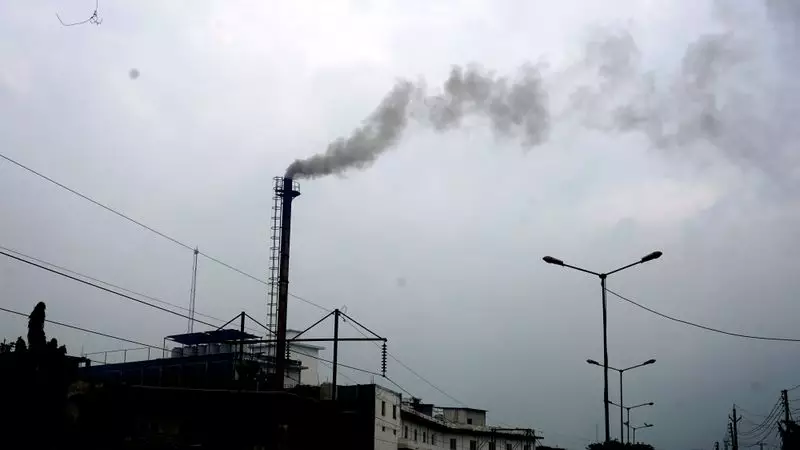
In a significant move to protect the Yamuna river's water quality, authorities in Haryana have mandated a temporary shutdown of industrial units across Panipat district. This environmental intervention comes ahead of the sacred Chhath Puja festivities, ensuring devotees can perform rituals in cleaner waters.
Environmental Sacrifice for Spiritual Ceremonies
The District Administration of Panipat has issued clear directives that all industrial establishments must cease operations from November 17th until the conclusion of Chhath Puja on November 20th. This four-day closure affects numerous manufacturing units, particularly those in the textile and dyeing sectors known for their water-intensive processes.
Why This Drastic Measure?
Historical data reveals that industrial discharge significantly contributes to the Yamuna's pollution levels, especially in the Panipat region. During previous Chhath Puja celebrations, devotees expressed concerns about performing rituals in contaminated water, prompting authorities to take preventive action.
Key objectives behind this decision include:
- Reducing industrial effluent discharge into the river system
- Ensuring safer water conditions for religious ceremonies
- Preventing potential health hazards for devotees
- Demonstrating environmental responsibility during important cultural events
Balancing Economic and Environmental Concerns
While the shutdown demonstrates environmental commitment, it presents challenges for local industries. Factory owners and workers must navigate this mandatory break, affecting production schedules and potentially causing financial impacts. However, most stakeholders recognize the importance of maintaining river purity for the thousands expected to participate in Chhath Puja rituals along the Yamuna banks.
Broader Implications for River Conservation
This temporary measure highlights the ongoing struggle between industrial development and environmental protection in rapidly growing industrial corridors. It also sets a precedent for how local administrations can prioritize ecological concerns during significant cultural and religious events.
The success of this initiative could influence future pollution control strategies not just in Haryana, but across other states sharing the Yamuna river basin. Environmental activists see this as a positive step toward greater accountability for industrial pollution.





